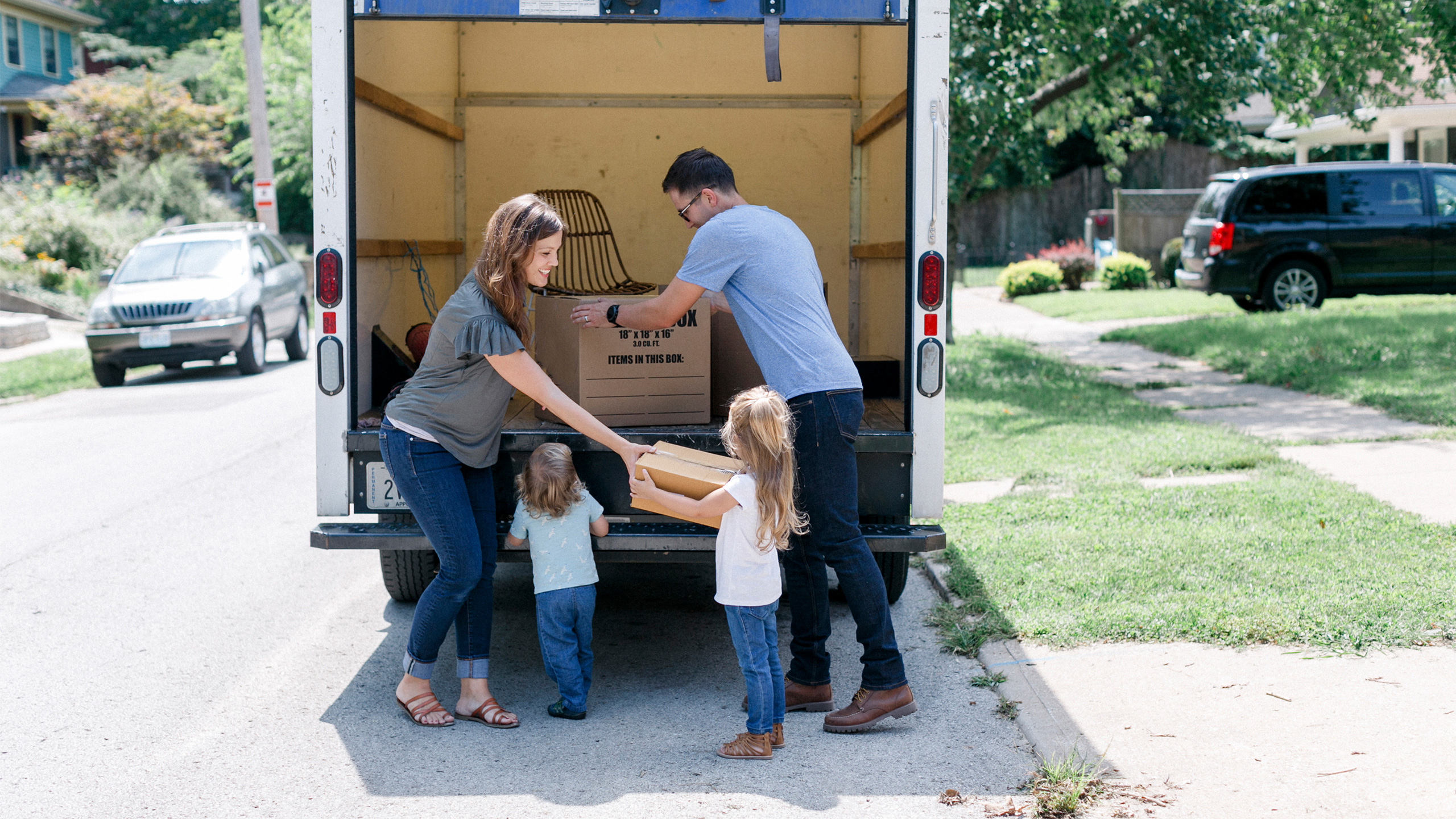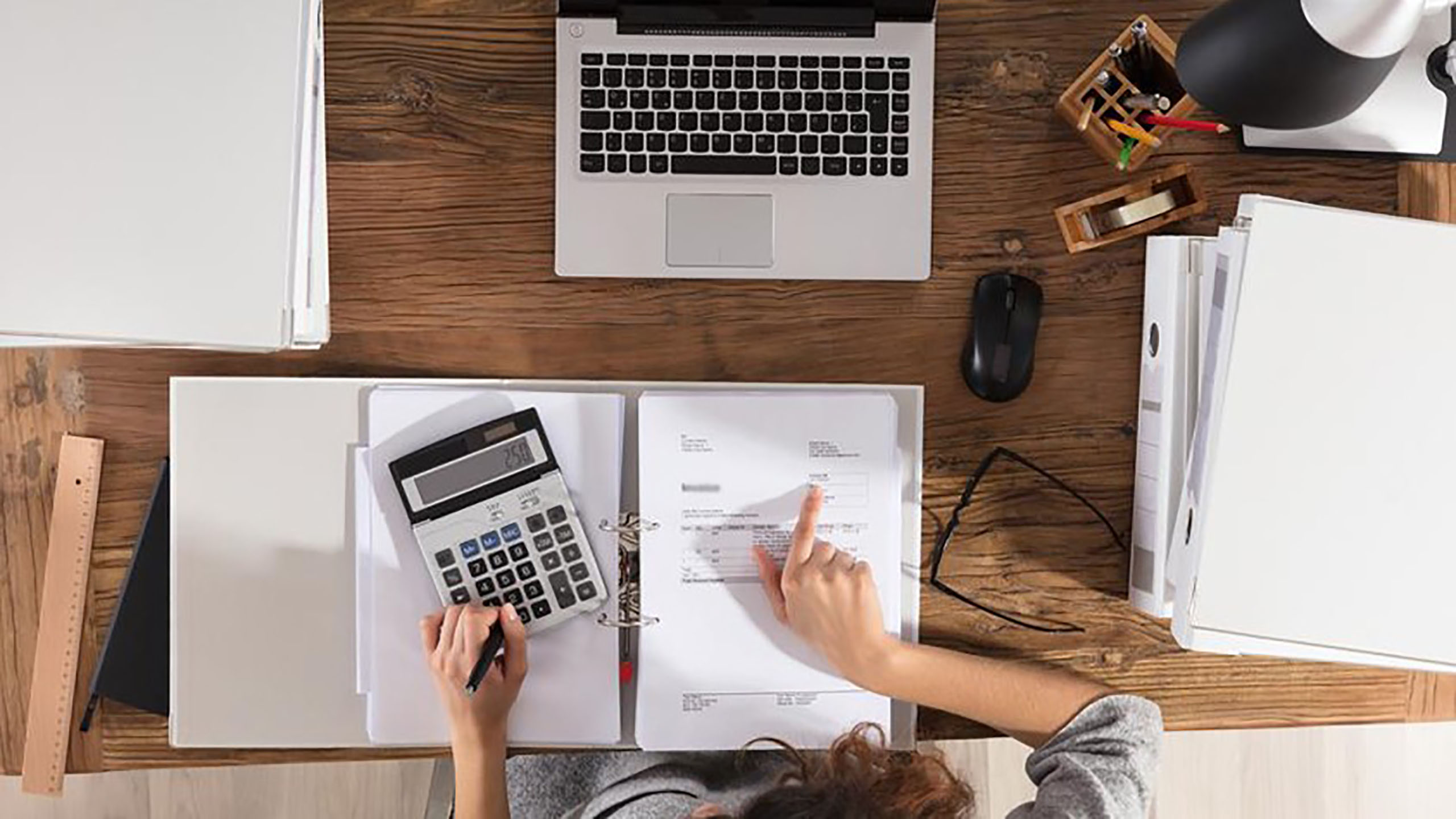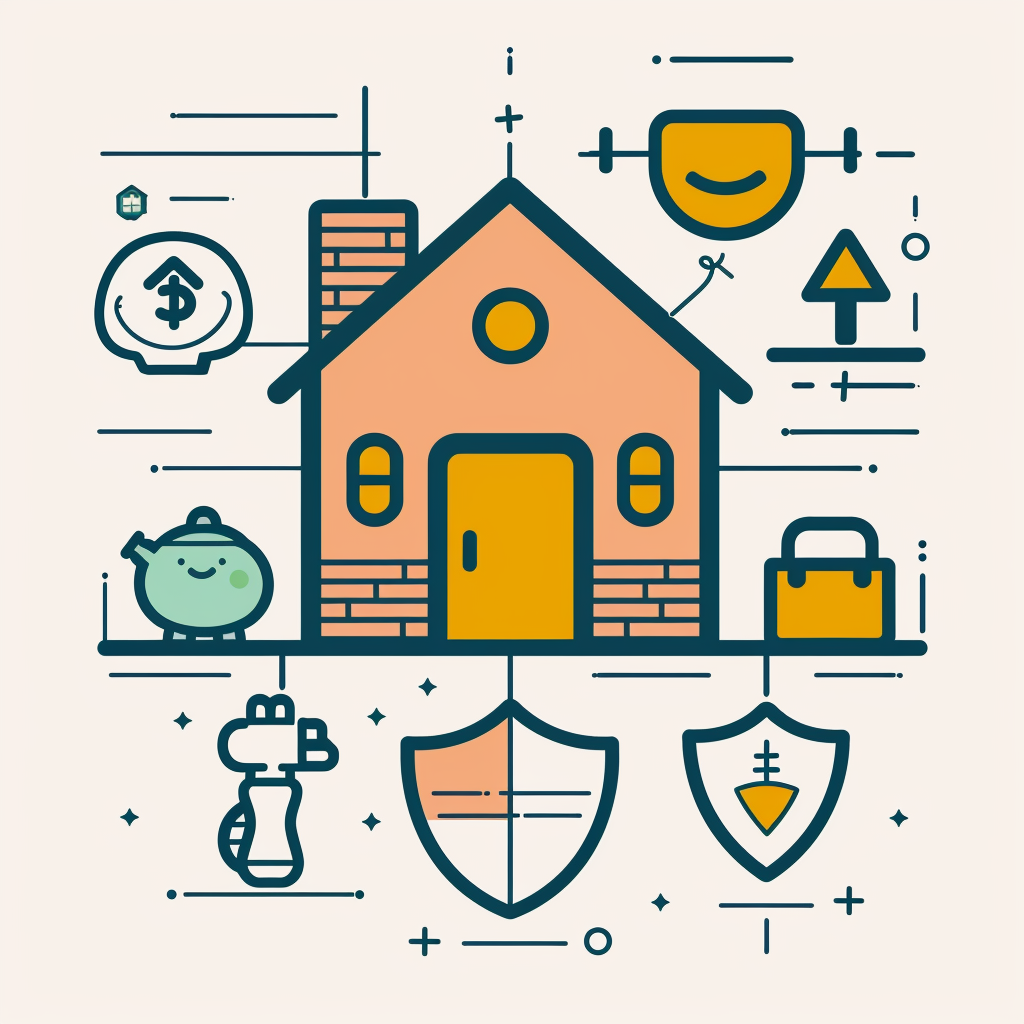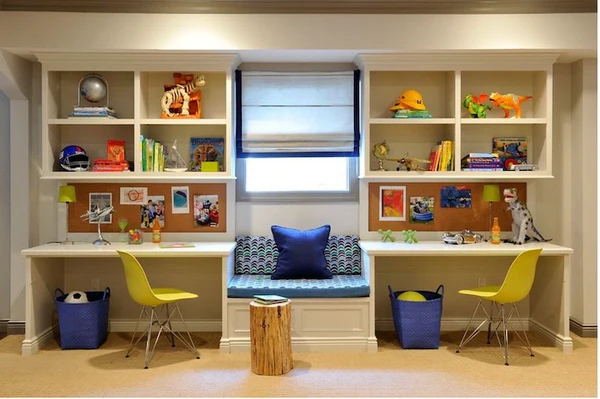Maybe you’ve been tossing around the idea of putting down roots and buying a house, or perhaps the thought hasn’t even crossed your mind until now. Regardless of where you stand, understanding when you’re financially prepared to take on homeownership is crucial. With lenders requiring proof of financial stability, it’s important to assess your situation carefully to ensure you’re truly ready to make this life-changing purchase. Let’s dive into the key indicators that signal you’re financially primed for buying your first home.
First and foremost, having a steady and reliable income alongside a favorable debt-to-income ratio and a solid credit score are non-negotiable prerequisites for purchasing a home. These components demonstrate to lenders that you’re capable of managing the financial responsibilities that come with homeownership. A consistent income ensures you can cover monthly mortgage payments, while a low debt-to-income ratio and a high credit score increase your chances of securing a favorable mortgage. These elements combined lay the groundwork for your financial readiness to embark on the journey of homeownership.
Next, evaluating your savings for the down payment and understanding the various financing options available to you are crucial steps in the home-buying process. The amount you’re able to put down upfront can significantly affect your mortgage rates and terms. Luckily, there are numerous assistance programs and financing options, including FHA loans and certain state and local programs, designed to help make homeownership more accessible. By researching and taking advantage of these resources, you can better position yourself financially to purchase a home.
Moreover, it’s imperative not to overlook the additional costs associated with buying a home. These expenses, which can include closing costs, private mortgage insurance, property taxes, homeowners insurance, and possibly homeowners association fees, need to be accounted for in your budget. Understanding these extra costs upfront can prevent financial surprises down the road and ensure you’re fully prepared for the financial commitment of homeownership.

- Assessing your financial stability is the first step towards homeownership. Source: chase.com
Additionally, preparing for the ongoing financial responsibilities of owning a home is just as important as the initial purchase. Maintenance and unexpected repairs are inevitable, so having savings specifically set aside for these occurrences is essential. By adhering to the recommended practice of saving one percent of your home’s value each year for maintenance, you can mitigate the stress of unforeseen expenses and maintain your investment in top condition.
In conclusion, determining whether you’re financially ready to buy a house requires a comprehensive evaluation of your financial health. From stable income and low debt to saving for a down payment and anticipating additional expenses, each aspect plays a vital role in your readiness. By carefully considering these factors, you can make an informed decision that aligns with your current financial situation and future goals. Remember, homeownership is a significant commitment, and ensuring you’re financially prepared is the first step toward making this dream a reality.

- Understanding the down payment: Your key to unlocking homeownership. Source: chase.com






